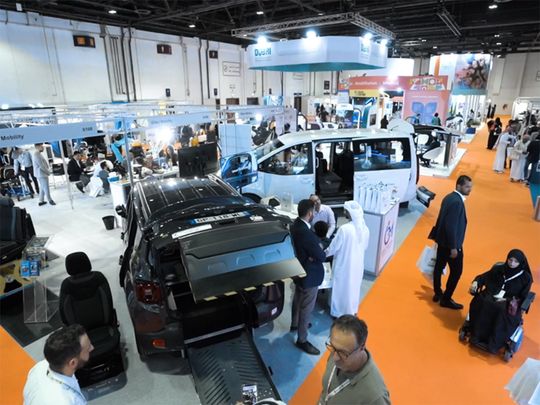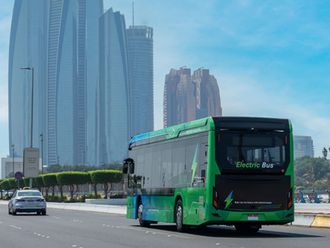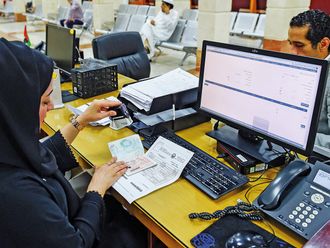
Dubai: Providing solutions to ease the daily lives of people of determination, the AccessAbilities Expo returns to Dubai from October 7 to 9.
The exhibition at Dubai World Trade Centre will feature 300 international exhibitors, brands, and rehabilitation centres from 50 countries. The organiser, Nadd Al Shiba PR and Event Management, expects more than 14,000 visitors from over 70 countries.
Sheikh Ahmed bin Saeed Al Maktoum, President of Dubai Civil Aviation Authority (DCAA), Chairman of Dubai Airports, and Chairman and Chief Executive of Emirates Airline and Group, and Event Patron of AccessAbilities Expo, said: “The fifth edition of the Expo was a great success, recording a 20 per cent increase in both exhibitor and visitor numbers, coming from more than 50 and 70 countries, respectively. The event’s success has enhanced the reputation of the UAE as a leader in supporting and empowering people of determination as well as strengthening our position as an emerging global hub for assistive technologies.”
He added: “The upcoming edition is expected to achieve record growth in the number of global exhibitors specialised in manufacturing advanced technologies and devices that empower people of determination as well as key regional rehabilitation centres serving more than 50 million people of determination living in the Middle East. I am proud of the success achieved by the event in its previous editions.
“We can contribute together to providing services and facilities that enable people of determination in the UAE and around the world to live more independently and create a better future for themselves.”
Bridging the gap
The Expo provides a wide range of innovative products, some of which are exhibited for the first time in the Middle East region, covering advanced technologies for empowering individuals with physical, visual, auditory, intellectual disabilities, and autism spectrum disorder. According to the World Health Organisation (WHO), access to assistive technology is currently available to only one in 10 people who need it, due to high costs, lack of awareness and availability, insufficient trained staff, and ineffective policies. Assistive technology is an umbrella term used for systems and services related to the delivery of products and services for people with disabilities. This helps maintain or enhance an individual’s performance and independence, which subsequently enhances his well-being.
The range of these products includes hearing aids, wheelchairs, communication aids, glasses, and prosthetics. According to the latest report on assistive technology issued by the World Health Organization, about 90 percent of those who need assistive technology globally do not have access to it, while a survey of 70 countries included in the report found that there are major gaps in assistive services provision and trained workforce.









